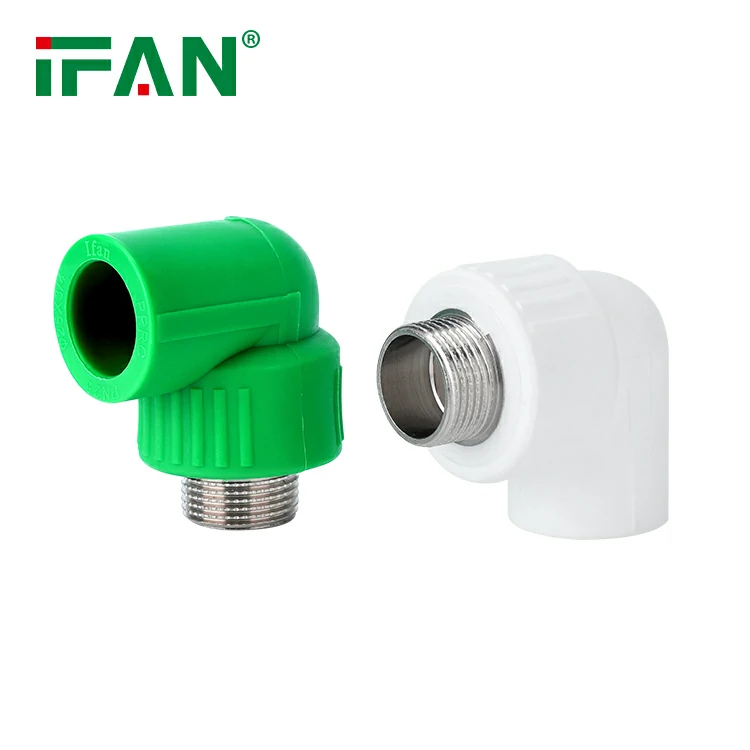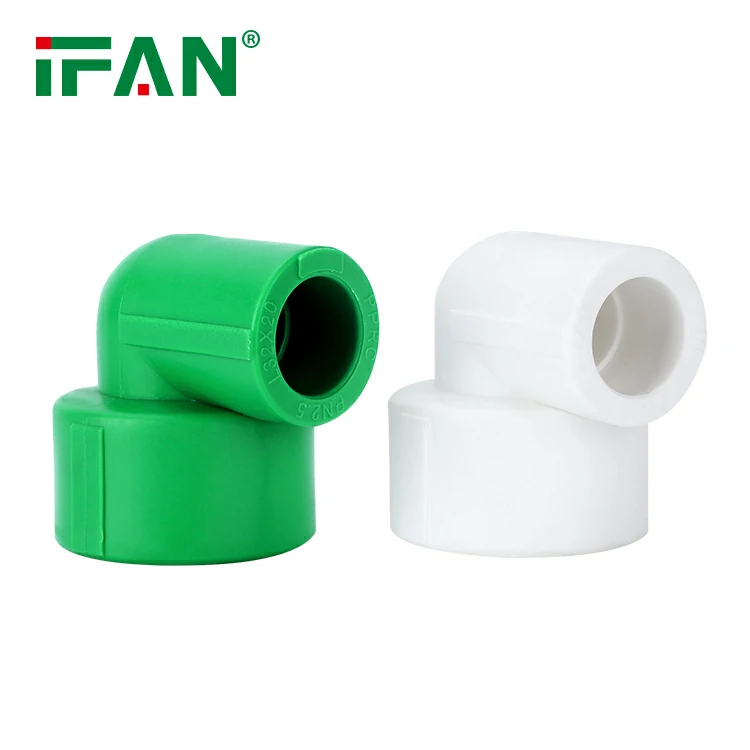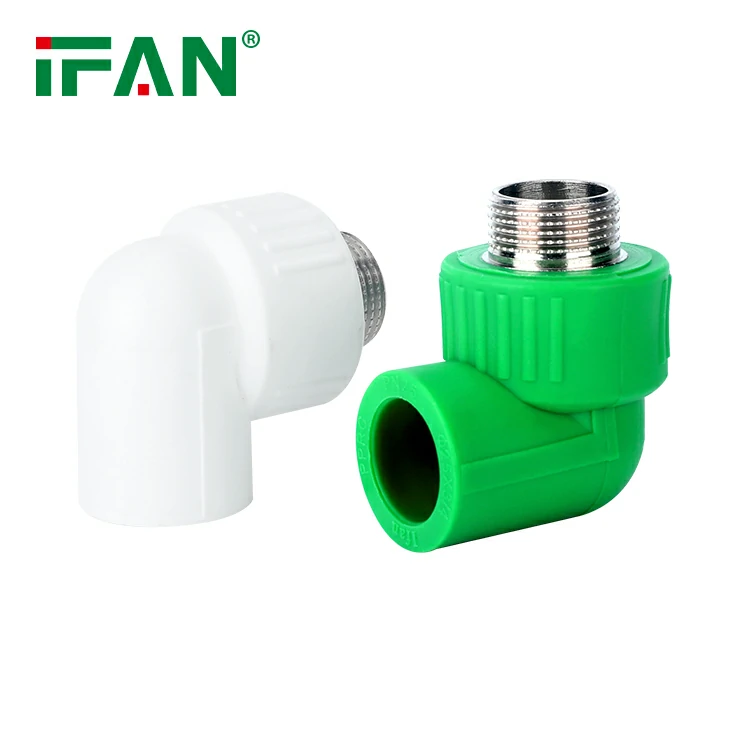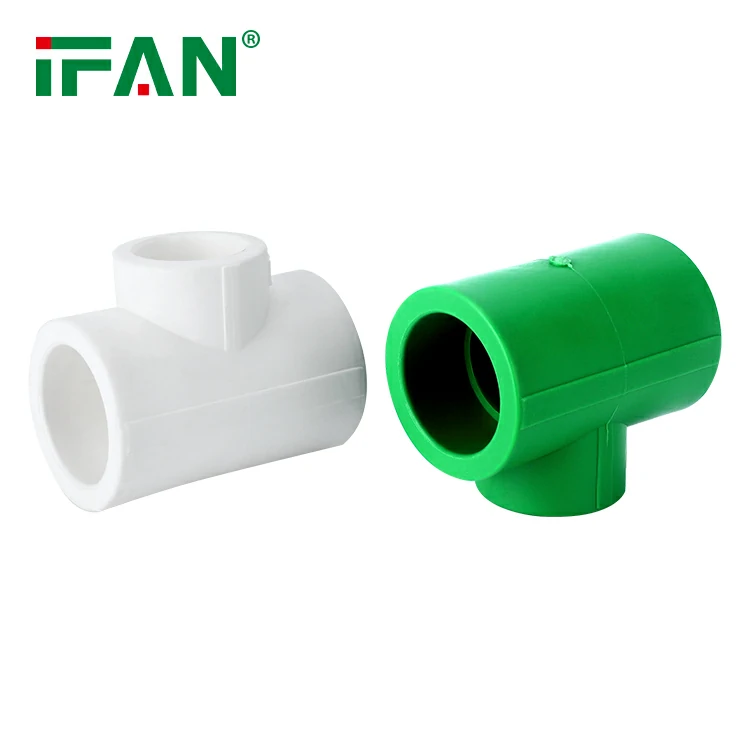Peste des Petits Ruminants (PPR), commonly referred to as “Goat Plague,” is a highly contagious viral disease that primarily affects small ruminants such as goats and sheep. In the Sahelian region, where Mauritania is located, PPR poses a significant threat to livestock and, by extension, to the livelihoods of millions of farmers. The disease can lead to widespread outbreaks, causing devastating economic losses and threatening food security. In this article, we will explore the role of vaccination strategies in controlling PPR in Mauritania, with a special focus on PPR fittings—key aspects of vaccination logistics that ensure the successful distribution and administration of vaccines.
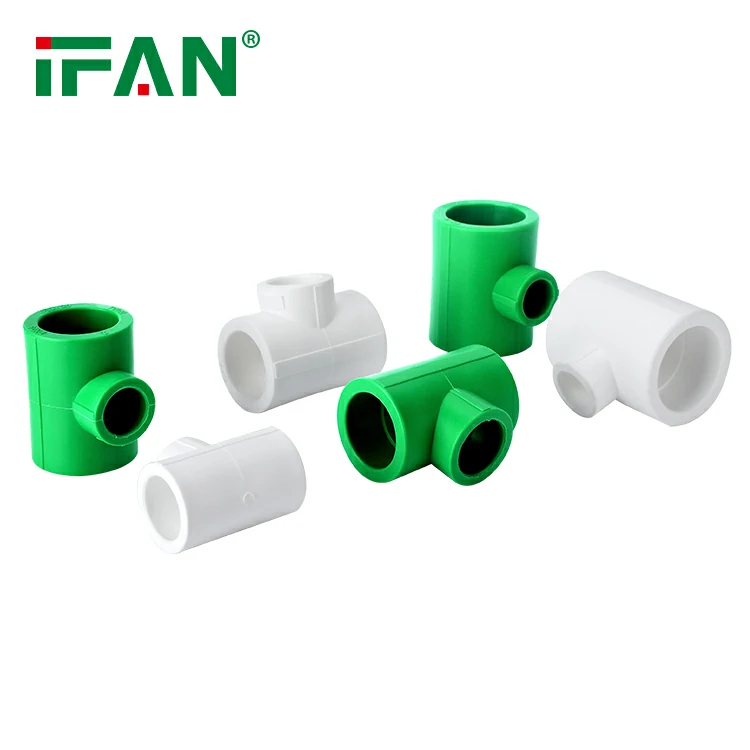
Understanding PPR and Its Impact in Mauritania
Mauritania, like many countries in the Sahel, has a predominantly agrarian economy, where livestock play a central role in the rural economy. The impact of PPR outbreaks can be devastating, leading to high mortality rates in affected herds, decreased productivity, and substantial financial losses for farmers. Additionally, the disease can disrupt trade, particularly the export of livestock, which is vital for economic development in the region.
PPR is caused by a morbillivirus that spreads rapidly through direct contact with infected animals or contaminated materials. The disease primarily affects young animals, but adult animals are also susceptible. Symptoms include high fever, nasal discharge, lesions in the mouth, and diarrhea. The mortality rate can be as high as 90% in unvaccinated populations, making control measures critical to mitigating the impact of PPR.
The Role of Vaccination in PPR Control
Vaccination is widely regarded as the most effective tool for controlling PPR. The global initiative to eradicate PPR, spearheaded by the World Organisation for Animal Health (OIE), has led to the development of effective vaccines that can be used to protect livestock from the disease. In Mauritania, as in other Sahelian countries, mass vaccination campaigns have been implemented to curb the spread of PPR.
PPR Fittings: Key Considerations for Effective Vaccination
PPR fittings refer to the logistical components and infrastructure required to successfully deliver vaccines to targeted populations. Effective vaccination strategies are not just about having access to the vaccine but also about ensuring that it reaches the animals in a timely and efficient manner. Here are key considerations for successful PPR vaccination strategies in Mauritania:
- Cold Chain Management: Vaccines for PPR, like many other vaccines, require proper cold chain management to remain effective. This means maintaining the vaccines at the correct temperature from the manufacturer to the point of administration. In remote areas of Mauritania, where infrastructure is often lacking, maintaining a reliable cold chain can be a significant challenge. Solar-powered refrigerators and mobile vaccination units are some of the solutions being employed to overcome this issue.
- Geographic Coverage: Mauritania’s vast and often inaccessible terrain makes it difficult to reach all areas with vaccination services. To ensure widespread coverage, vaccination campaigns must be carefully planned to target both rural and urban areas, as well as nomadic herders who move their livestock across vast distances. Deploying mobile vaccination teams and collaborating with local authorities and community leaders is essential for reaching these populations.
- Community Engagement: Effective vaccination strategies in Mauritania must involve local communities. Farmers and herders must be educated about the importance of vaccination and encouraged to bring their animals to vaccination sites. Involving local veterinary workers and community-based organizations can help build trust and increase participation in vaccination campaigns.
- Monitoring and Surveillance: To ensure the success of vaccination campaigns, robust monitoring and surveillance systems are necessary to track the spread of PPR and assess vaccination coverage. This includes conducting regular surveys, tracking animal movements, and monitoring potential outbreaks in real-time. Data collected through these systems can inform future vaccination strategies and help allocate resources where they are needed most.
- Collaboration with International Organizations: Mauritania’s vaccination efforts are bolstered by support from international organizations such as the OIE, the Food and Agriculture Organization (FAO), and the African Union. These organizations provide technical expertise, funding, and coordination for vaccination campaigns. Collaboration with neighboring countries is also crucial, as PPR knows no borders and can quickly spread across regions.
Current Vaccination Strategies in Mauritania
Mauritania has made significant strides in its efforts to control PPR. The country has implemented a national vaccination program that targets both goats and sheep, with a particular focus on high-risk areas. Vaccination campaigns are typically conducted during the dry season, when the movement of livestock is more predictable. The government, in collaboration with international partners, provides vaccines free of charge to farmers and herders.
In addition to mass vaccination campaigns, Mauritania is also focusing on strengthening its veterinary infrastructure, improving animal health services, and training local veterinary personnel. These efforts are critical for ensuring long-term sustainability and building resilience to future outbreaks.
Conclusion
The fight against PPR in Mauritania requires a multifaceted approach, with vaccination being at the heart of disease control. PPR fittings—logistical considerations related to vaccine distribution and administration—are crucial for ensuring the success of vaccination campaigns. By focusing on cold chain management, geographic coverage, community engagement, surveillance, and international collaboration, Mauritania can work towards controlling PPR and securing the livelihoods of its rural population. Continued investment in veterinary services and infrastructure will also be key to long-term success.
Frequently Asked Questions (FAQs)
- What is PPR, and how does it affect livestock?
PPR is a viral disease that affects small ruminants, causing fever, diarrhea, mouth lesions, and high mortality rates. It primarily affects goats and sheep, and its outbreaks can cause significant economic losses in affected areas. - Why is vaccination the best strategy for controlling PPR?
Vaccination provides effective protection against PPR, significantly reducing the risk of infection and transmission. Mass vaccination campaigns have proven successful in controlling the disease and preventing outbreaks. - How does Mauritania manage the cold chain for PPR vaccines?
Mauritania uses solar-powered refrigerators and mobile vaccination units to ensure that PPR vaccines are kept at the correct temperature during transport and administration, especially in remote areas. - What role does the community play in PPR vaccination campaigns?
Local farmers and herders are encouraged to participate in vaccination campaigns through community engagement efforts. Veterinary workers and community leaders play a key role in educating the public and ensuring high vaccination coverage. - How can Mauritania collaborate with neighboring countries to control PPR?
PPR is highly contagious and can easily spread across borders. Collaboration with neighboring countries in surveillance, vaccination efforts, and information sharing is essential to control the spread of the disease in the Sahel region.

